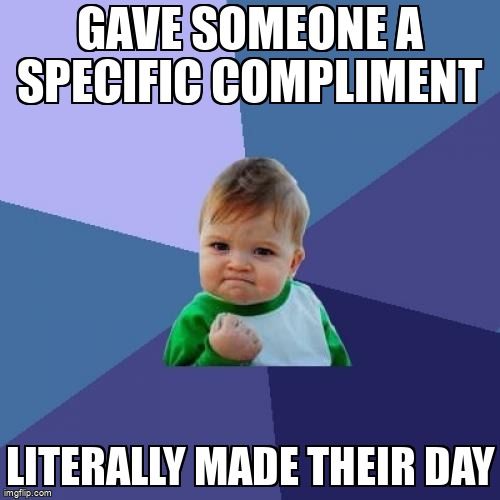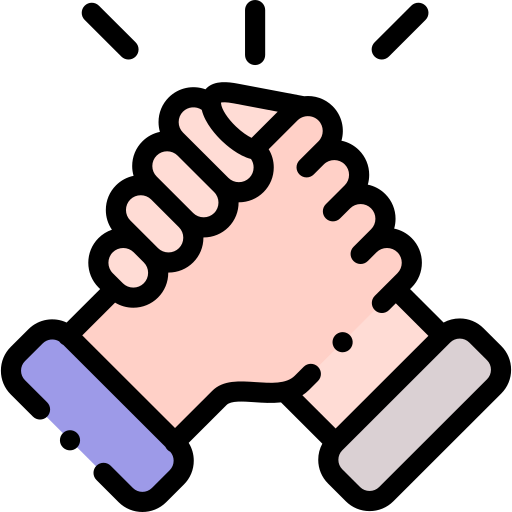
This logo isn't an ad or affiliate link. It's an organization that shares in our mission, and empowered the authors to share their insights in Byte form.
Rumie vets Bytes for compliance with our
Standards.
The organization is responsible for the completeness and reliability of the content.
Learn more
about how Rumie works with partners.
Have you ever received a compliment that didn't feel genuine?
Getting compliments can make your day, but when they don't feel real or when it feels like the person is just giving a compliment for the sake of giving a compliment, it doesn't have a positive effect on the person.
 Photo by Christina @ wocintechchat.com on Unsplash
Photo by Christina @ wocintechchat.com on Unsplash1. Connect your compliment to something you genuinely feel
 Photo by Donovan Grabowski on Unsplash
Photo by Donovan Grabowski on UnsplashYour compliment should be authentic and genuine. It should be based on what you think is important to that person.
Don't just compliment your coworker by saying something generic like "Nice shoes," which is a compliment to the shoes and not your coworker.
You notice that style is important to your coworker, so instead you could say "I really like your shoes. You have a great sense of style."
2. Think: Why do you appreciate that quality?
Think about why the quality you complimented is important to you, too!

For example, your friend went out of her way to plan your next trip to a local concert. Why did you appreciate her doing this for you? Maybe her planning ahead helped you feel less stressed about getting to the concert.

Connect the first two steps to give the compliment and make sure to be specific. You might say:
"I noticed that you went out of your way to make sure we'd find parking in time for the concert. You even checked the route to the concert. That made me feel like I could fully enjoy being at the concert and I didn't feel rushed to get there on time."
Did you know?
This Byte was created by a volunteer professional that wanted to share this insight to help you succeed - no agenda, no cost.
3. Be specific, but don't overdo it
You don't want a compliment that seems exaggerated and not specific.
For example, instead of saying the trip that your friend planned was "The best trip," you could be more specific and say:
"You're very detailed when planning trips and finding unique places to stay at. I appreciate you taking the time out of your busy schedule to plan this."

This is especially important at work because compliments can boost an employee's work performance.
Just as you would give a sincere and specific compliment to a friend, the same can be said about compliments in the workplace. The compliment is best when it's performance-specific and work-appropriate.

How NOT to give compliments

Have you ever received a compliment that actually was an insult? Below are tips on what NOT to do when giving a compliment.
Using "I" statements and making the compliment about you
Back-handed compliments ("I can't believe you did so well on your project, good job!")
When the compliment puts others down ("You're so much better than him at giving presentations.")
Putting yourself down in the process of giving a compliment
Giving generic compliments like, "Good job!"

Quiz: Your Coworker's Presentation

Your coworker just gave a really effective presentation that really showed improvement in their presentation skills. Which of the following is a specific, genuine compliment that your coworker would appreciate?
A. "I liked your presentation. It had nice fonts."
B. "Your presentation was really engaging and I can tell you took a lot of time to practice."
C. "Great job on your presentation!"
D. "What a great presentation! It must have been really hard for you."
Quiz
Select a specific, genuine compliment that your coworker would appreciate.
B demonstrates a specific compliment because it explains in detail what made the presentation so great. A and C aren't specific enough, and D is a backhanded compliment that might offend them.
Take Action

This Byte has been authored by
Faith Hollinger
Instructional Designer
